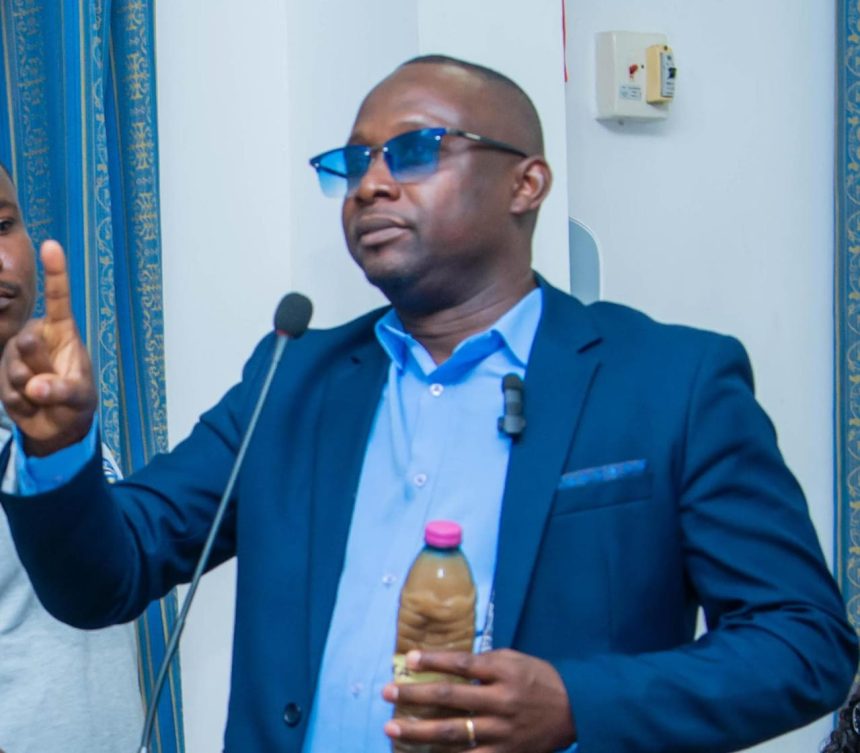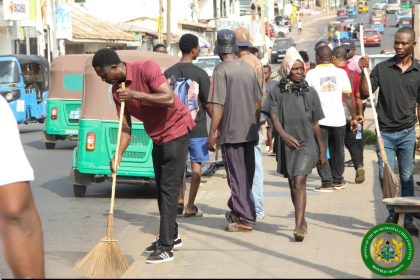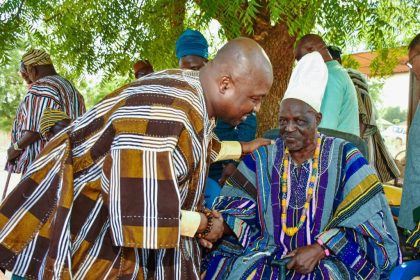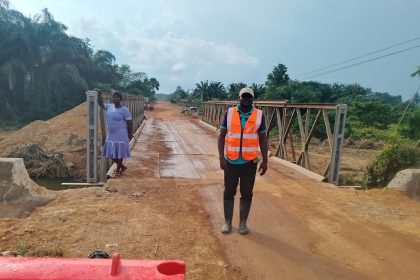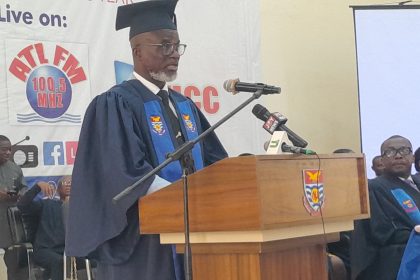Mr Kwadwo Kyei Yamoah, the Executive Director of the Human Environment and Livelihood Platform (HELP) Foundation Africa, has said that Ghana must target kingpins, financiers, and politicians in the fight against illegal mining, popularly known as galamsey.
Mr Yamoah stressed that “We must follow the money, not the shovel; it’s the only way to end the crises of galamsey at its source.”
He told the Ghana News Agency (GNA) that one financier stopped, equals dozens of illegal pits shut down, adding that targeting political sponsors would restore accountability and deterrence, explaining that by cutting off the top of the chain, it crippled the system’s ability to function.
He explained that targeting kingpins, financiers, and politicians in the fight against galamsey was crucial, as they are the real drivers and beneficiaries of the industry, not the impoverished youth seen digging in the mud.
“Kingpins and financiers supply the capital, excavators, fuel, and mercury used in illegal mining. Without their funding and logistics, the small-scale miners (the “operators on the ground”) cannot sustain their activities. Politicians and local elites often protect these networks by using their influence to block enforcement or tip off miners before raids.”
Mr Yamoah added that they perpetuated corruption and political protection, noting that many politicians and local power brokers received direct or indirect benefits, including campaign funding or mining proceeds from galamsey financiers, which created a cycle of political protection that weakened enforcement and breeds impunity.
He said when leaders were seen protecting galamsey actors, public trust in governance collapses, and honest enforcement officers became demoralised.
He opined that industrial-scale illegal operations backed by powerful financiers used heavy machinery and chemicals that devastated rivers, forests, and farmlands far more than local artisanal miners.
Mr Yamoah stressed that these well-financed sites were the main source of river siltation, mercury pollution, and deforestation; therefore, stopping financiers and equipment suppliers had the greatest environmental impact.
“Galamsey thrives because it is profitable and low-risk for financiers and politicians. Ordinary miners are paid daily wages, while profits flow to the top, often laundered into legal businesses.
“By tracking and seizing illegal proceeds, prosecuting financiers, and exposing political beneficiaries, the state can make galamsey economically unviable.”
Mr Yamoah further stated that targeting the financiers would ensure fairness and deterrence, explaining that enforcement often unfairly targets poor miners while those in power remain untouched, which fueled resentment, social injustice, and community distrust of state authorities; therefore, prosecuting the top actors showed that the law applied equally and detered others from entering the illegal trade.
He called for coordination between security agencies, financial intelligence units and anti-corruption bodies, adding that this strengthens institutions, promotes inter-agency cooperation, and builds a sustainable governance system against natural resource crimes.
“Ghana’s environmental, climate, and mining reforms are undermined by illegal mining networks. He said Tackling the high-level actors showed commitment to sustainable resource management, climate resilience, and SDG targets on clean water, life on land, and governance, adding that combating galamsey effectively meant dismantling the networks of power, money, and protection that sustained it.


